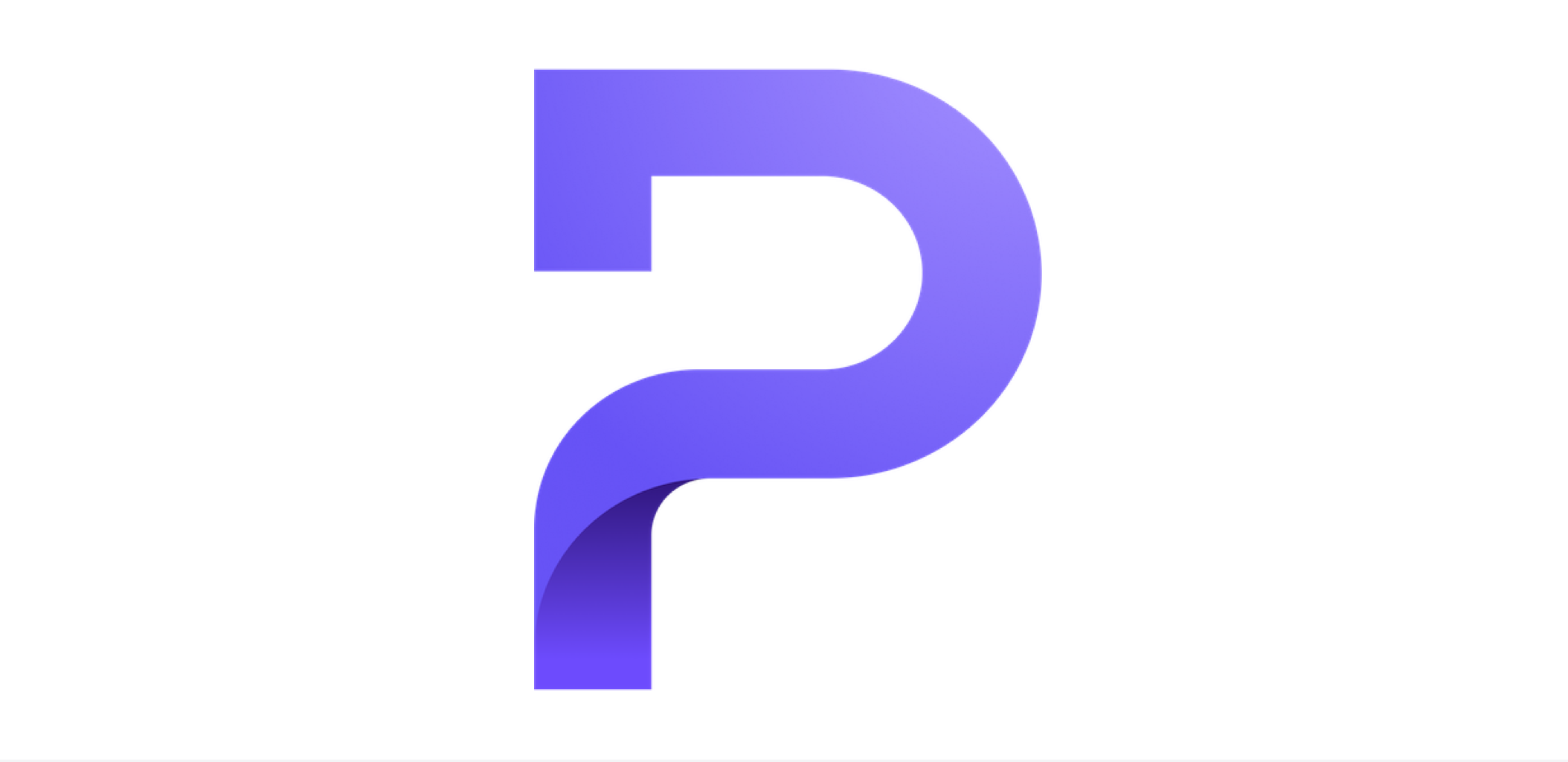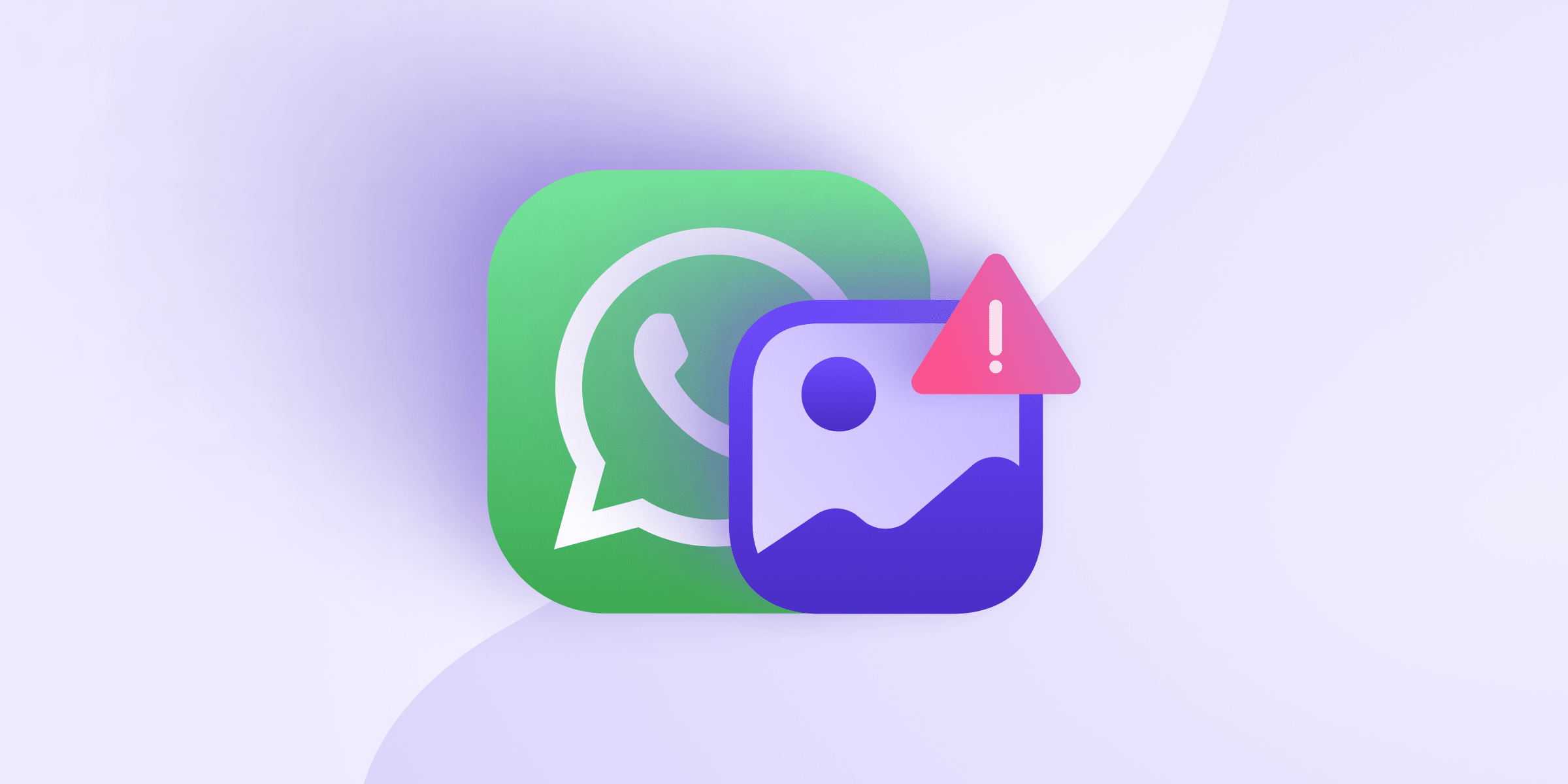March 12, 2017 is World Day Against Cyber Censorship (WDACC). Originally created by Reporters Without Borders and Amnesty International in 2008, the day seeks to draw attention to the issue of Internet censorship.
If you logged into your Proton Mail account on Friday, you may have noticed that our login page is slightly different, with a new banner at the top. In commemoration of World Day Against Cyber Censorship, we have teamed up with Amnesty International(new window) to raise awareness about Cyber Censorship.
The Internet is a space that encourages freedom of expression and the free exchange of ideas. This potent combination has driven the technological revolution which has changed our world in the past 20 years. Unfortunately, for over 1.5 billion people around the world, the Internet does not live up to its promise of freedom of information. Instead, the Internet is a highly restricted and censored place, constantly under surveillance, where making a wrong move could lead to imprisonment or worse.
What is online censorship and why should we care?
Internet censorship comes in many forms, but at its core, the objective of Internet censorship is to obfuscate information and hide certain truths. This is done both subtly (like carefully fine tuning search results(new window) to encourage a certain narrative), and also not so subtly (such as shutting down the entire Internet(new window)). The end result is the same however – free flow of information is disrupted.
At Proton Mail we are strong supporters of a free and open Internet without censorship and mass surveillance. This is one of our core guiding principles, and one of the reasons we created Proton Mail in the first place. As former scientists who met while working at CERN, we have experienced first hand the important role that the free flow of information plays in both scientific discovery and creativity. It was for this reason that the world wide web was first created at CERN in 1989. Without the free flow of information and the sharing of ideas that the Internet fosters, mankind on a whole suffers, because over 1 billion people are deprived of the right to all available knowledge, hindering progress and innovation.
My internet isn’t censored, so why should I care?
Internet censorship is often associated with totalitarian regimes or certain third world countries, but it is actually closer than a lot of us realize. Even in the West, there is heated debate about net neutrality(new window), which is the principle that Internet service providers should enable access to all content and applications regardless of the source, and without favoring or blocking particular products or websites. At Proton Mail, we are strong proponents of net neutrality, because if left unchecked, slowly chipping away at net neutrality does in fact lead directly to a censored Internet.
There is also self-imposed Internet censorship. With the rise of targeted advertising, big data analysis, and personalized search, large internet companies such as Google and Facebook are in fact presenting you a censored version of the internet(new window), that has been specifically “tailored” to your tastes. The idea being that a more personalized internet would be more appealing, and will lead to more clicks, more page views, and ultimately more advertising revenue.
This leads to the creation of dangerous “filter bubbles(new window)“, which cause increased polarization in society as we become less and less exposed to dissenting views and opinions. Ultimately, the moves by Google and Facebook to personalize search and news feed results is a form of censorship, and a particularly dangerous one as it discourages the public discourse that is necessary to have a functioning civic society.
What is Proton Mail doing to fight Internet censorship?
Ending online censorship is an important issue for us, not only because we believe a free internet is important, but also because Proton Mail can be censored at any moment, depriving millions around the world of their right to email privacy. This is not without precedent: in December 2016, the Egyptian government blocked access(new window) to the encrypted messaging app Signal. An attempt was also made to silence Proton Mail in 2015 via a massive distributed denial of service attack(new window).
Journalists, activists and business and everyday people use Proton Mail as a secure communication tool, so maintaining a free and open Internet, where such tools are readily available, is of paramount importance. Thus, we feel it is important to use World Day Against Cyber Censorship(new window) to raise awareness about this issue, and to bring online censorship back to the forefront of public attention.
On the technological front, we’re working hard also to ensure that Proton Mail itself stays resistant to censorship attempts. In January we launched a Tor hidden website(new window) to help ensure that Proton Mail remains accessible via Tor even if attempts are made to block access to our website. We are also working on building the world’s best VPN service(new window) to provide secure and uncensored Internet access from anywhere in the world. Together with the support of the Proton Mail user community, we are on the path towards building an Internet that can reach its full potential.
Proton Mail is funded by community contributions. If you would like to support our development efforts, you can upgrade to a paid plan(new window). Thank you for your support!
You can get a free secure email account from Proton Mail here(new window).
Press release by Amnesty International about WDACC(new window)














